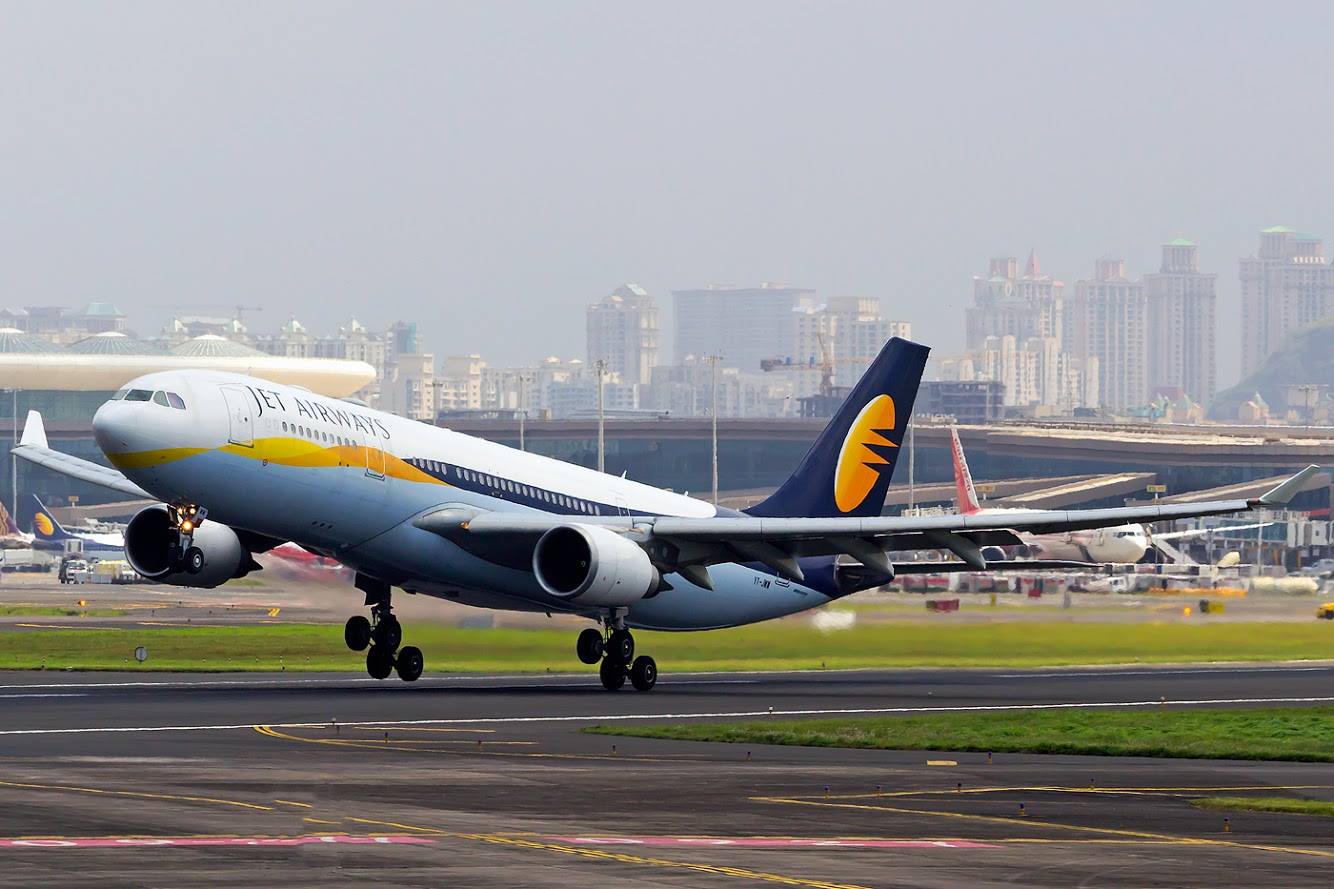
Naresh Goyal, the founder of Jet Airways has today stepped down from the board and rescinded his chairmanship of the embattled debt-laden airline. Jet Airways, which is India’s second largest commercial airline, has been struggling for months under USD $1 billion worth of debt and is currently operating only a third of its fleet.
Goyal, who founded Jet Airways over 25 years ago, has also reduced his stake in the airline from a controlling 51% down to 25.5% – investors have been pushing the aviation magnate to cede control of the business in order to allow for a rescue bid. Etihad Airways maintains a 12% stake in the airline but it’s not yet known whether the Abu Dhabi-based carrier will now take a larger stake in Jet Airways as part of a rescue deal.
While Etihad has not yet publicly issued a statement on the news, Kevin Knight, the airline’s chief planning and strategy officer also stepped down from the board of Jet Airways today – signalling the possibility that Etihad is no longer interested in joining a rescue bid for the airline.
Etihad Airways first acquired a minority 24% stake of Jet Airways back in 2013 for $379 million – it was part of Etihad’s then strategy of taking equity investments in struggling airlines in order to build its own network.
Late last year, Etihad said it had agreed in principle to increase its stake in Jet Airways to 49% (the maximum it can acquire due to India’s regulations on foreign investment) but only if Goyal gave up his controlling stake in the airline. However, it’s now believed the airline has got cold feet and will not be injecting any more capital or joining a rescue bid.
A spokesperson for Etihad told us: “As always, Etihad continues to work closely with lenders, Jet management and key stakeholders to facilitate a solution for Jet Airways,” – which is perhaps a little less than a full blown committment to investing further in Jet Airways.
The State Bank of India now holds a controlling 50.5% in Jet Airways.
Over the last few months, Jet Airways has been forced to ground more than 58 aircraft because it cannot afford to pay back loans on the planes. Lessors became increasingly frustrated and eventually started to ground the aircraft pending payments on the loans – there is now talk of lessors moving these planes out of India or even sub-leasing them to competitors, including India’s Spicejet.
The airline has also failed to pay staff including flight crew, prompting a pilots union to make an official complaint to the Indian government.
Although Jet Airways has been making losses for years, the airline blames “extraordinary headwinds” in the last 12-months for its current woes. Amongst reasons cited by the airline for its poor performance are “rising oil prices, a depreciating rupee and market saturation.”
India is one of the biggest and fastest growing markets in global commercial aviation but airlines have consistently struggled to turn a profit. Analysts put some of the problems down to India’s regulatory and tax framework, as well as stiff competition between carriers that has pushed down ticket prices to unsustainable levels.
Jet Airways temporarily closed reservations on its flagship Mumbai – London route recently but quickly reopened them the next day.
Mateusz Maszczynski honed his skills as an international flight attendant at the most prominent airline in the Middle East and has been flying ever since... most recently for a well known European airline. Matt is passionate about the aviation industry and has become an expert in passenger experience and human-centric stories. Always keeping an ear close to the ground, Matt's industry insights, analysis and news coverage is frequently relied upon by some of the biggest names in journalism.







